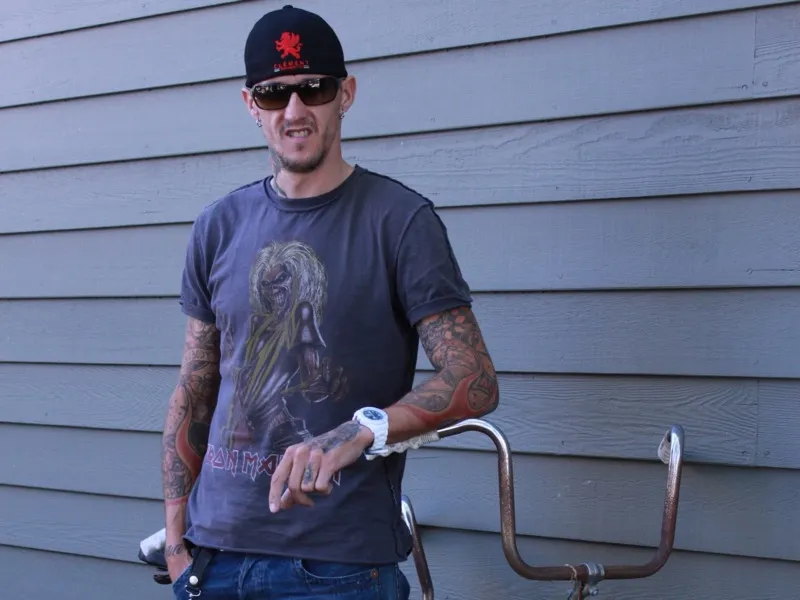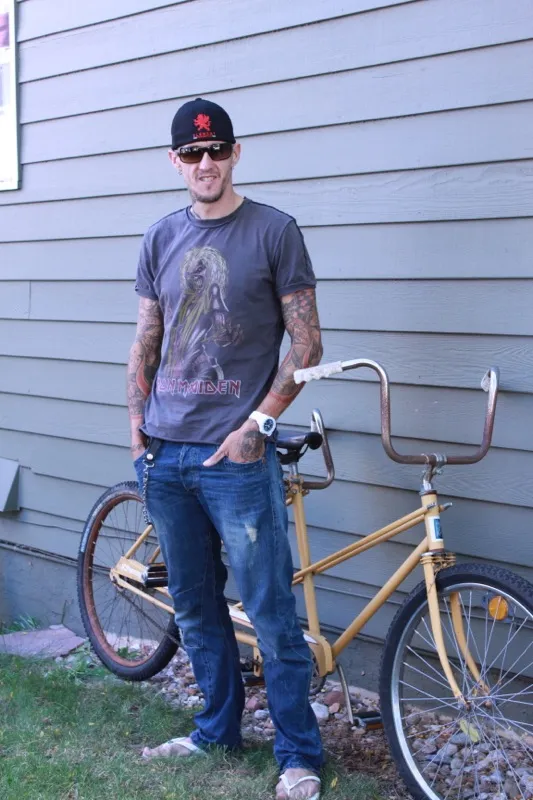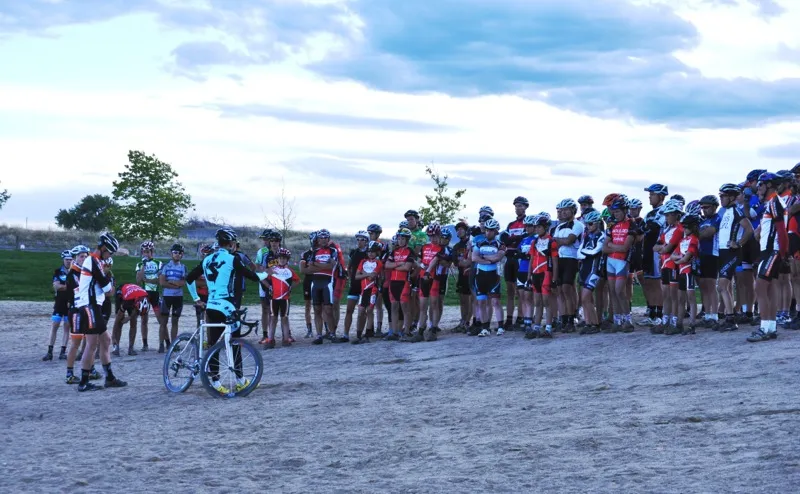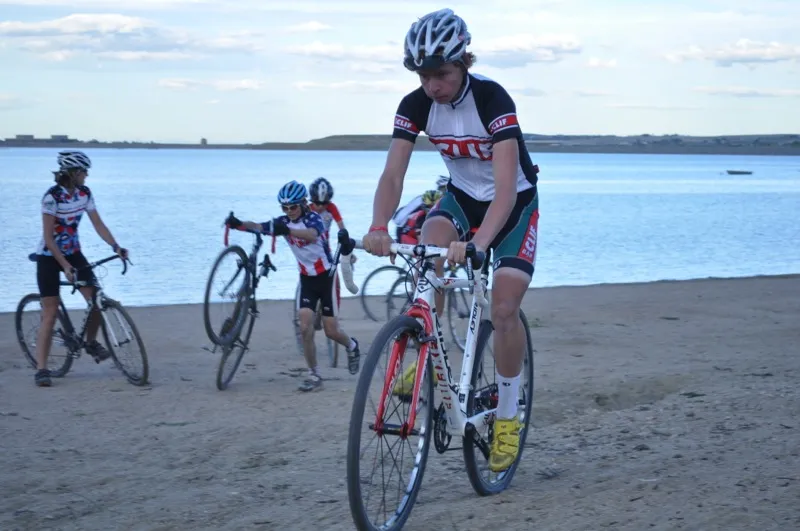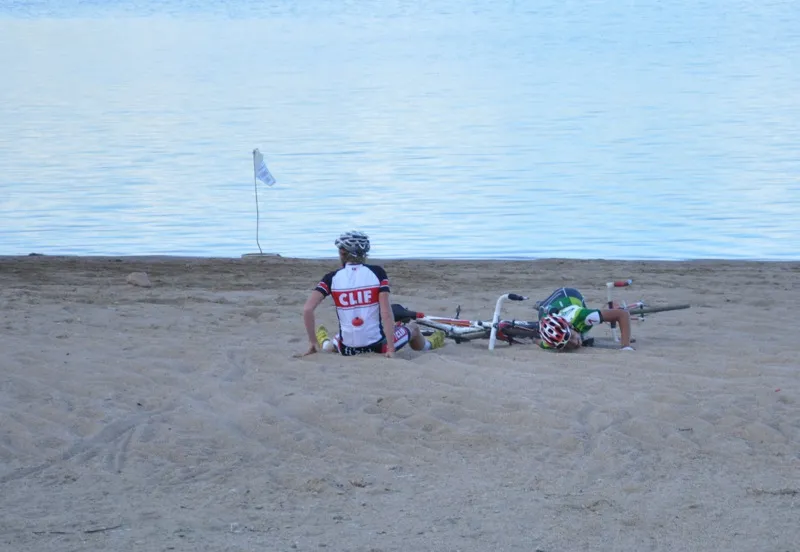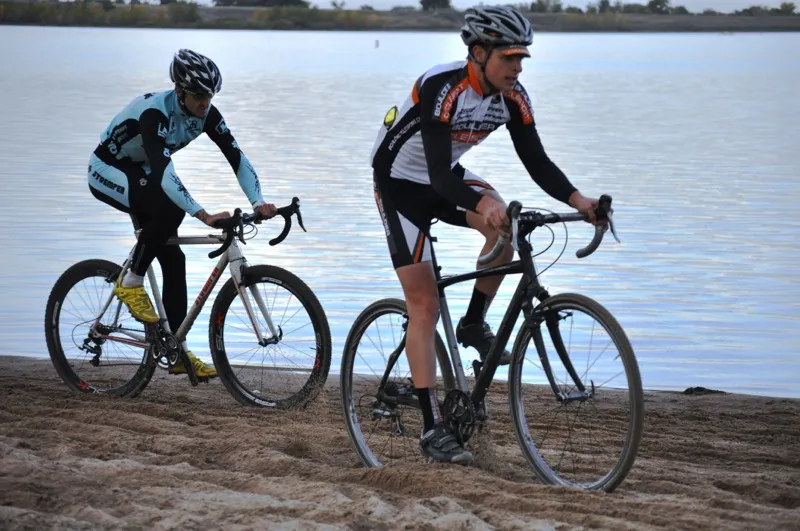Ben Berden is from the old world, the motherland of cyclo-cross, Belgium. Yet, thanks to the popularity of the sport in the America, he's started his 2011/12 season in the US. His plan is to race an entire season of domestic ’cross before heading back across the pond for another 20 races.
The 36-year-old is here for a number of reasons, including the fact that he has some US-based sponsors to represent, such as Stoemper Bikes and the resurrected Clement tire brand. "It started out as a way to do a few [UCI] races before the Belgian series starts," Berden told BikeRadar."But after talking with David Alvarez, the manager behind Stoemper, we decided to do the whole US series."
Another incentive to race in America is that UCI points are ripe for the taking. "I'm not the youngest guy any more," Berden said. "There are a lot of young Belgian riders doing the elite races, so for me, it's easier to get my UCI points here... it's difficult to get them in Belgium."
He also wants to see the world. "It was always a dream for me when I was younger, doing cyclo-cross, to see a lot of countries," he said. "In the last years the UCI racing in the US has become pretty big, every week there's lots of racing, so I wanted to do the races in the US to see lots of the country."
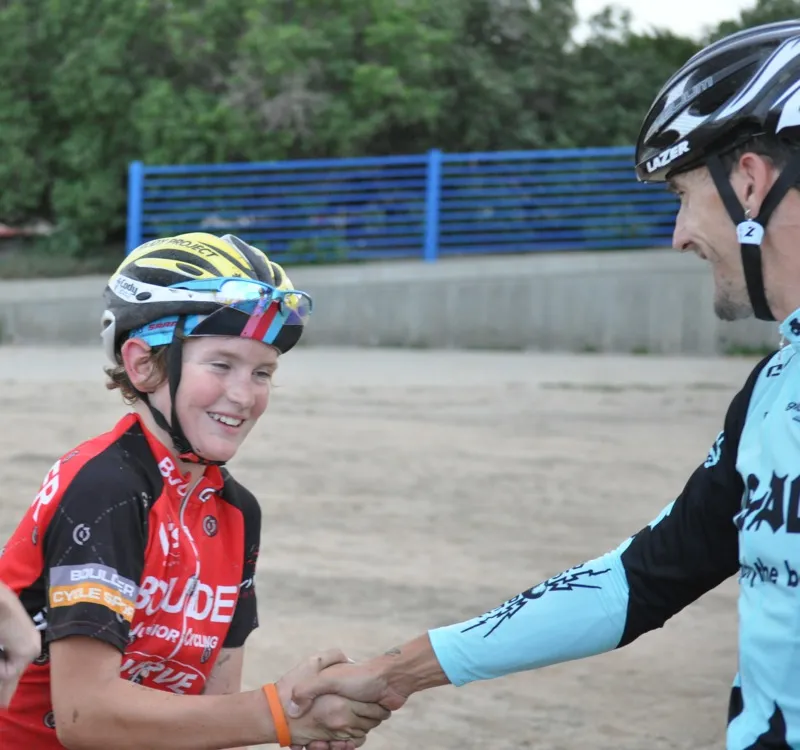
Berden puts a premium on his experiences now that he's in the latter part of his career
You can come at Berden from a couple of directions. From one angle, he's deeply influenced by, and enjoys, American culture. He learned English watching subtitled American television and movies. "Maybe it sounds funny, but when we were in Seattle we went training behind Kurt Cobain's house," said Berden when asked about highlights of his trip, so far.
He has tattoos, which set him apart in Belgium but do little to draw a glance in the US. At home, he drives a late-model Chevy pickup truck in a land dominated by compact and efficient European automobiles. "I had an El Camino when I was younger, but then when you get two kids, the El Camino is too small," he said.
Put him on a bike, however, and he's a classically trained European cyclist. He's had his own missteps with doping. He rarely trains with other racers, and like many European professionals he races because he's reasonably good at it and able to support his family with it. "I think that's different because for the Belgian people, it's a way of living and a way of income," he said. "In Belgium if no one was paid for doing cyclo-cross, I think there would be no cyclo-cross."
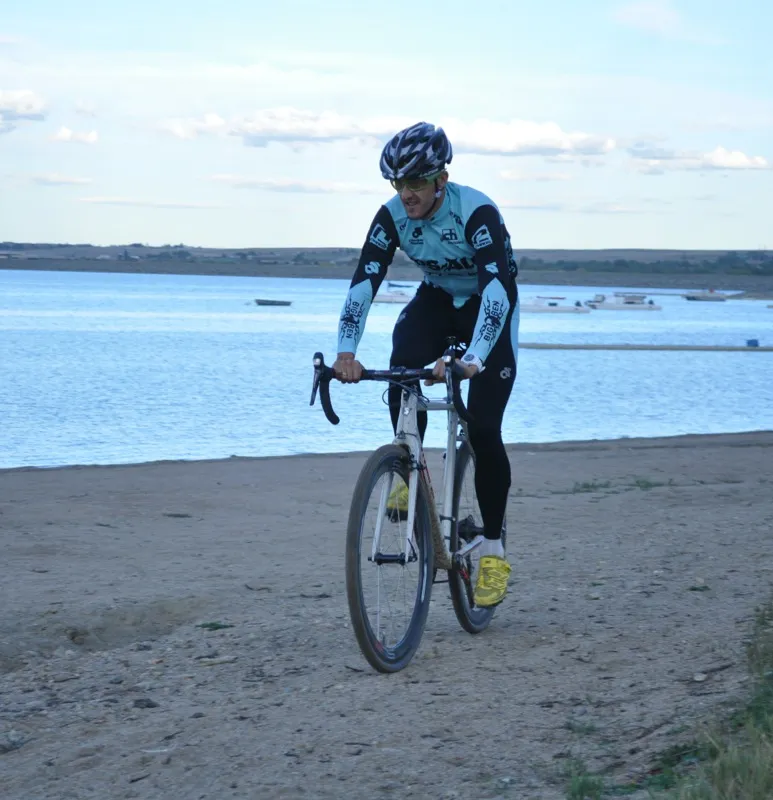
Berden is known for his prowess in the sand
Belgium versus the US: The sport
And that may just define the vast difference between our two sports. In Belgium there would be no cyclo-cross if racers weren't paid; it's a professional sport. In America we can't get enough, it seems, of a scene that gives license to the ridiculous – from playing in the mud, to spending thousands of dollars on equipment, to kicking it up in the singlespeed race wearing Speedos and a wrestling mask.
"I don't think that the Belgian people know that on one race day they can have over 1,000 guys racing [in the US]," said Berden. "The singlespeed race, we had no idea in Belgium that it exists. It's crazy for 150 people to be going to do a race at one time. For us the biggest field is only 50 guys or something.
"[In the US] they go to the race on the weekend and they don't train in the week. In Belgium it's the other way around – they train for weeks and will only race when they're really ready. Here it's really for the fun, I think."
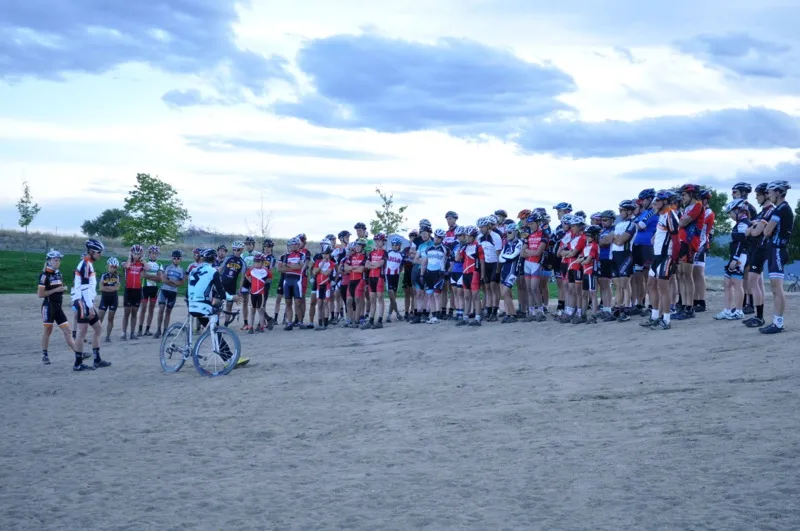
Berden's right – in the US we race cyclo-cross for fun
Belgium versus the US: The courses
Because cyclo-cross is a professional sport in Belgium the courses are harder, according to Berden. "Belgium is more [about] fast tracks with some harder descents and maybe more difficulties," he said. "The track is always easy here. We have really difficult descents and in the US you don't have that because they have to make a track that's good for everyone: for the amateurs, the beginners, the elites. In Belgium we have some races where even the [professional] women aren't able to go down on their bicycles, that's how difficult it is."
Wait... cyclo-cross isn't suppose to be on grass in parks? "No, no. We have forests and even cobble stones," he said. "We have grass races but it's different here – it's always in a park. I'm not used to having lots of turns, I'm not good in that. But I have good tires, now, from Clement and they help me be a little bit better with the turning."
Belgium versus the US: Training
"In Belgium nobody comes together for training, everybody has an excuse to not come and then they train on their own," said Berden. "They don't want to show the other guys if they're good or they're bad. One day of the week we do long training and some training in the forest, and then also some scooter training. We train more on the [stationary] speed trainers than the normal US guys. But it's different for everyone; if you see [Sven] Nys, he does almost 30 hours a week. And also we have a race on Saturday and Sunday and we have to recover from the weekend. Everybody does running training in Belgium."
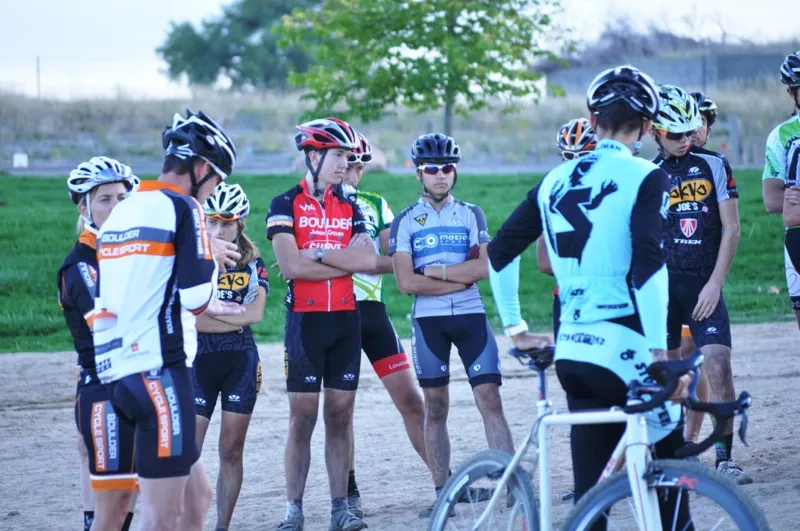
Berden gave a free sand-riding clinic to Boulder, Colorado's cyclo-cross racers
Belgium versus the US: Making it as a racer
"In Belgium, cycling is a national sport," said Berden. "Every Belgian grew up riding their bicycle, they take it to school and everything. In the US everyone grew up with football and baseball and basketball, so that's the difference. In Belgium most of the good guys stop at their peak. They don't want to go from elite back to amateur or master so they stop on their highest point.
"In the US, you have to have really good support from your team otherwise it's really difficult," he added. "I spent more money getting my bicycle on the plane than I earned with the racing, so I only took one bicycle and two sets of wheels on the plane. It's something to get used to: only two bicycles and five sets of wheels. In Belgium we have three bicycles and 10, 12 or 15 pairs of wheels."
Unable to load media
